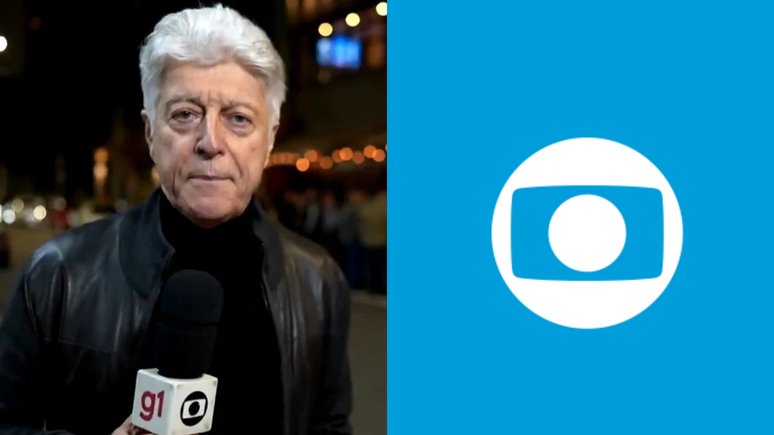We already know where that Q comes from, although many guessed it decades ago.
Spoilers for ‘Star Trek: Picard’, below
Q’s intentions throughout the history of ‘Star Trek’ have often been mysterious. Who are we to understand the mind of an extradimensional being, after all? And that was repeated at the beginning of the second season of ‘Picard’ when Q sent Jean-Luc back in time for unknown reasons.
As the season progressed, we finally learned that Q was dying, so he had some important lessons to teach Picard before his end drew near. But why prioritize Jean-Luc in this way? You are a being of immeasurable power, you could literally go anywhere through time and space, but your first thought is to play with this human one last time?
Q’s fascination with Picard is curious. As relatable as it is to obsess over Patrick Stewart, the nature of Q’s overall relationship with Picard has long been the subject of debate among queer fans who suspected there might be something more to Q’s feelings…
And now, after all these years, it seems that the end of the second season of ‘Picard’ could have confirmed it. While things weren’t exactly friendly at the beginning of this season, by the end, Q and Picard share a tender, private conversation unlike anything we’ve ever seen on Star Trek before. Alone and together, Q tells Picard that even the gods have his favorites, at which point John de Lancie lovingly holds Patrick Stewart’s face in his hands.
If you’ve ever wondered what the “Q” actually stands for, it seems pretty obvious at this point. Y den of geek He must have also had a similar thought upon seeing this scene, because in his recent conversation with executive producer Akiva Goldsman, they directly asked if Q is really in love with Picard.
“I think she’s always loved him,” says Goldsman. “Why does Q constantly go after Picard? I think it’s because, in his divine way, Q loved him.” And that’s why Q sent Picard back in time, so he could learn to love again and be more open with other people.
The interview is a bit vague about the nature of this love, be it platonic or something deeper, but it is a confirmation that there is a love there, whatever its nature. And that’s a stark change from the animosity of yesteryear, when Q was originally introduced as a nosy antihero in ‘Next Generation.’
That said, though, there have always been scenes that hinted at something more between the pair. In ‘Qpid’, an episode of the fourth season of ‘Next Generation’ that aired in 1991, Q appears in Picard’s room at one point and peeks out from under the covers and asks if he’s “sleeping alone” .

A couple of years later, in the now classic episode ‘Tapestry’, the series takes things a step further with a scene where Picard wakes up and someone gently strokes his earlobe. Given what we know happened the night before, you’d assume it’s Marta, the woman Jean-Luc just slept with. But then when he turns around, we find out that it’s actually Q in the bed next to him.
While Q doesn’t undress like Picard, the way he says “Good morning, honey” is designed to elicit a specific reaction from LGBTQ+ viewers. And as if that wasn’t weird enough, Q later teases Jean-Luc about his relationship with Marta, implying that Q doesn’t approve.
in this interview Patrick Stewart talked about Qcard, Q being gay, the theory that Q is “the other aspect of Picard”, and the possibility of Picard being LGBT.
i can only hope they explore this in future seasons of Star Trek: Picard pic.twitter.com/bDCmG63LoE
— Tim ⛵🏴☠️ (@trekiu) March 16, 2021
It is not surprising then that The Advocate, even in 1995, decided to question Patrick Stewart about the possibility that Q was queer, or “gay”, as they put it. As it turns out, Patrick himself considered that possibility as well, although he admits, “I would say it was an impression that you were entirely given by the quality of the performances, rather than something that was deliberately placed in the script.”
“John de Lancie, whose work was brilliant on the show, had a kind of audacity about him,” Stewart continues. “A way of looking at Picard that was provocative. And yes, there was the scene in bed, although we didn’t make it up. That was written, so we have to commend the writers for that.”
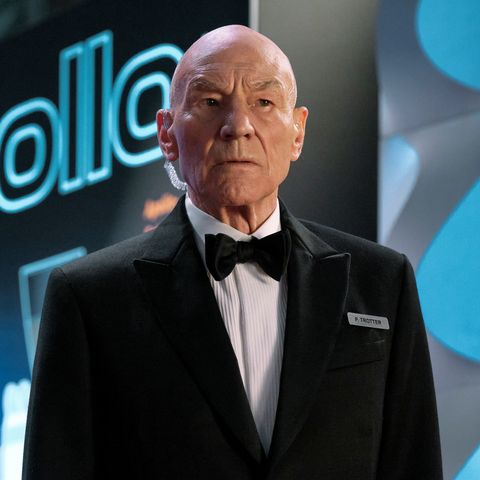
During that same interview, Stewart also suggests that “Q is just the other side of Picard”, a notion that was “always very appealing to him”. The Advocate he then went a step further with this theory by suggesting that, “If Q is Picard’s free nature, and Q could be gay, is there any chance that Picard is repressing homoerotic parts of himself?”
To which Stewart responded, “It’s certainly possible. Picard has had a lot of adventures and relationships.” So there you have it. Even Patrick Stewart himself was well aware of the homoerotic undertones of his character’s relationship with Q, even if Picard didn’t necessarily reciprocate, or openly admit, those feelings in the same way that Q always has.
To be fair, it was the ’90s, so whatever homoeroticism was found in this friendship was forced to remain implicit regardless. But when all is said and done, it’s hard to deny that there’s more to Q’s fascination with Picard than mere curiosity or camaraderie.
The ‘Picard’ season 2 finale might be the closest we’ve come to seeing these shows admit it, but it’s a shame that ultimately Q’s non-heteronormative orientation remains mostly subtext, even now. . Though it wasn’t always supposed to be this way…
In an earlier 1991 issue of The Advocate (via The Salon), Gene Roddenberry was quoted as saying, “In the fifth season of ‘Star Trek: The Next Generation,’ viewers will see more of life on board in some episodes, which will include gay crew members in everyday circumstances.”
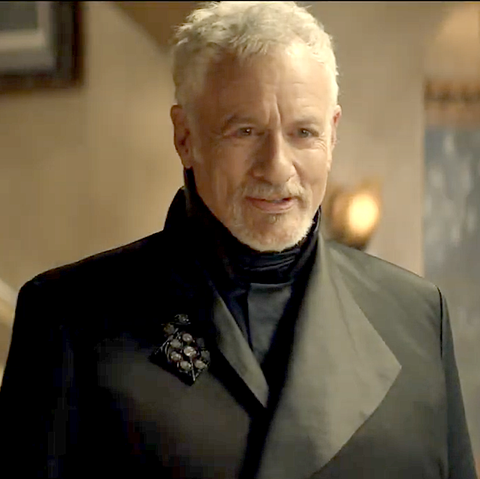
A large group of fans also pointed this out, says Gizmodo, which was endorsed by none other than Leonard Nimoy himself. However, none of this happened as Roddenberry died soon after. His successor, Rick Berman, presumably made little to no effort to include this kind of LGTBIQ+ representation in the series after that through Q or anyone else.
And that’s ridiculous, because Q is essentially an omnipotent, genderless being who isn’t even slightly constrained by the same human concerns that we have. So, of course, he would be attracted to Jean-Luc, because a) he would have no reservations or prejudices when it comes to sexuality, and b) Patrick Stewart is sexy.
Things have improved a bit since then, though Star Trek still has its fair share of issues when it comes to LGYBIQ+ representation, and that’s particularly a shame given how much this franchise prides itself on inclusivity. It was also a shame for Patrick Stewart, as far back as 1995 when he lamented the fact that no gay person could see themselves in a series that is supposed to represent a utopian future:
“I think gay people would probably be appalled,” Patrick told The Advocate. “He was singularly absent from the series. Given the growth and advancement that has been achieved in the last 20 years, even in the most rigid male bastions like the military, one would have thought that Star Trek would be the ideal setting to project 400 years into the future and saying, ‘Okay, this has happened in 20 years; what could we have accomplished in 400 years?'”
At the time, Stewart was hoping her next Star Trek movie would address queerness to make up for her absence from ‘Next Generation.’ And while that didn’t happen, we’re finally seeing more examples of LGTBIQ+ characterization in Star Trek, two decades later.

But unfortunately, it sounds like Q won’t be a part of that conversation going forward, at least, if the latest ‘Picard’ ending is anything to go by. That said, though, Q is an interdimensional being whose power is only matched by Jean-Luc’s thirst for him, so we still have some hope that Picard’s number one fan can still somehow return in the third. season.
The second season of ‘Star Trek: Picard’ is broadcast every Friday on Amazon Prime Video Spain.
Source: Fotogramas
Camila Luna is a writer at Gossipify, where she covers the latest movies and television series. With a passion for all things entertainment, Camila brings her unique perspective to her writing and offers readers an inside look at the industry. Camila is a graduate from the University of California, Los Angeles (UCLA) with a degree in English and is also a avid movie watcher.

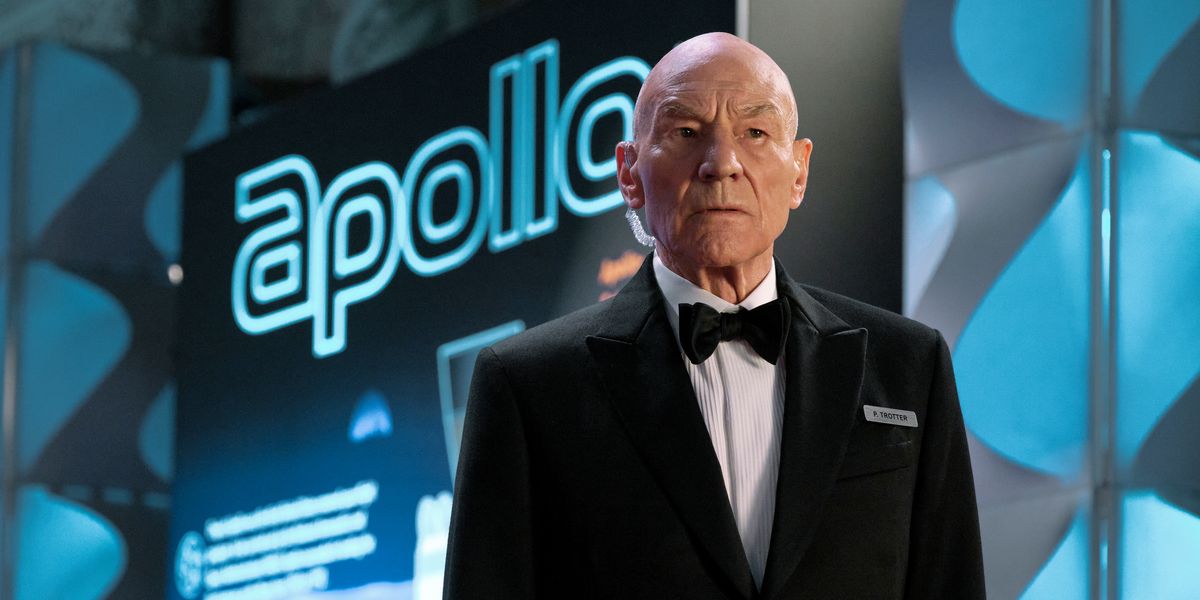
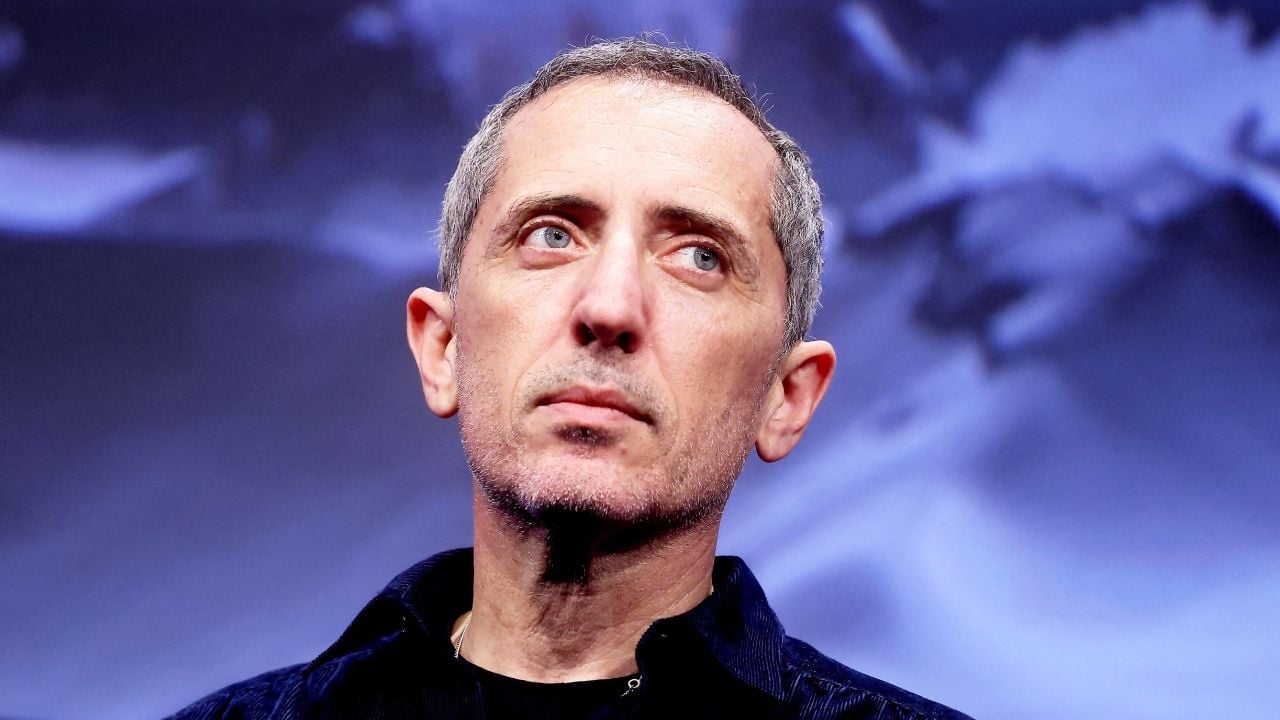

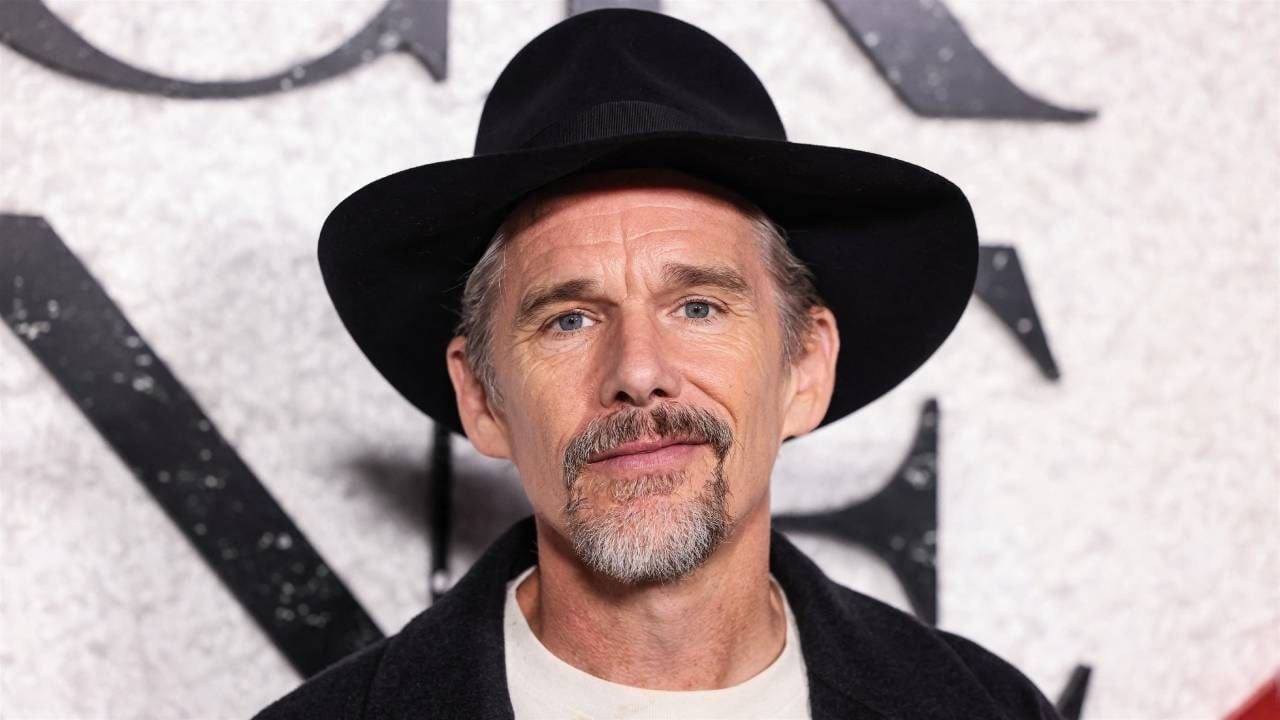
-t84500vauzw7.png)
